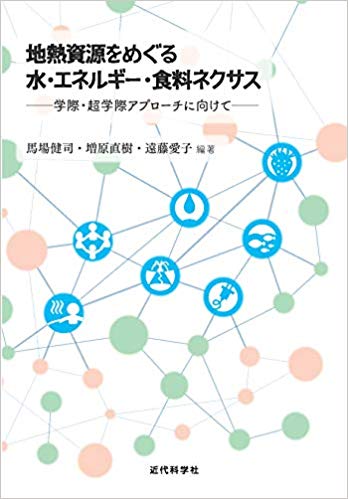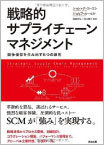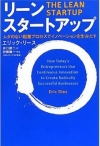Shift of Capitalism from Developed Economies to Emerging Economies: Facts
This book highlights the fact that the centre of gravity of capitalism is shifting from the developed economies to the emerging economies, such as Brazil, India and China. The key reasons are:
- Population: About 50% of the world population will continue to reside in BRIC countries which will lead to exponential growth in their per capita income.
- GDP: China will be equivalent to the US by 2020 and will overtake by 2030. Also, India, China and Brazil will surpass EU countries by 2030.
- Consumption: The share of BRIC nations in world consumption will increase from 17% in 2012 to 33% by 2030. However, the share of G7 countries will reduce from 54% in 2012 to 37% by 2030. The major factor will be the growth of middle class population in BRIC nations by 150% during 2012-2030. The middle class is the engine of economic growth and consumption. Currently, India’s middle class is more than the entire US population.
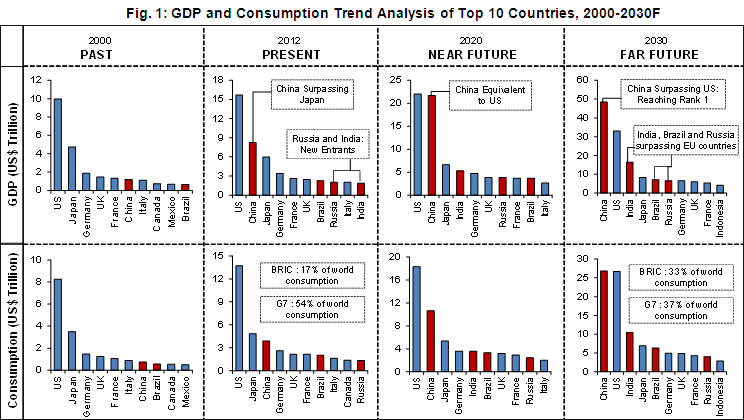
Information Technology: In 21st century, information technology will shape the emerging economies. Mobile penetration will be equivalent in BRIC and G7 countries.
Working-Age Population: According to a World Economic Forum Report, many developed countries will experience a decline in their working-age population, even if they fully exploit their talent pools. The US will require 26 million and Western Europe will need 46 million additional employees by 2030. On the other hand, emerging countries will experience increase in their working-age population.
Engineering Talent: Approximately 600,000 engineers from China and 350,000 engineers from India graduates every year as compared to about 100,000 engineers from the US. Since, the labour cost is 20-30% low in China and India as compared to developed countries, it has resulted in:
- Western MNCs are establishing their R&D centres in emerging markets. Currently, FT 500 companies have 98 R&D facilities in China and 63 in India. e.g. GE in India, HP in China.
In 1990s, 50% of world’s 2,500 largest publicly held companies (based on market capitalization) were based in the US and Europe. In 2010, 25% of these 2,500 largest publicly held companies are headquartered in the emerging economies, as the proportion from emerging economies grew at a compound annual rate of 14%. This is due to the large market size of BRIC economies.
The above arguments by the author prove that the capitalism will significantly shift from the developed economies to the emerging economies. In such a scenario, the author suggests that these emerging economies will adopt ‘new strategy’ of capitalism, which is explained below.
Expected Corporate and Social Actions in Future:
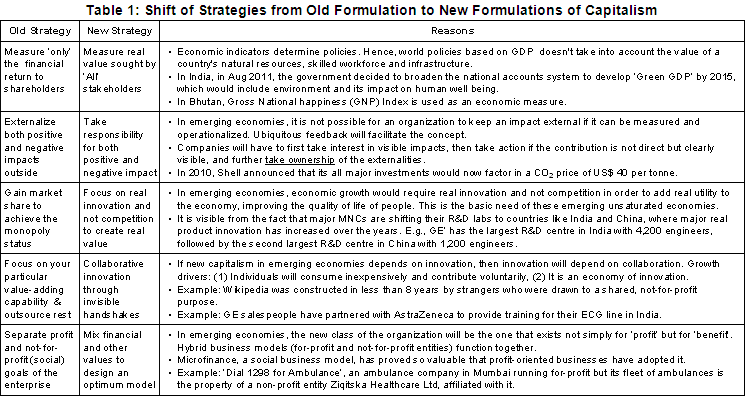
The author argues the fact that the emerging economies will favour real growth over financial wealth creation, which will be supported by real innovation through collaborative efforts. The organizations will have to take responsibility for both positive and negative impacts to the business and social environment. This will require for-profit and not-for-profit entities to function together. The need for ‘social’ action will be the strongest in emerging economies, due to high proportion of population struggling for decent subsistence.
An amalgamation of economic power and social concern will characterize the next era of capitalism, and no single set of capitalist rules will fit every society.
Overall, this book is a good reference guide for leaders who are involved in implementing the strategies and tactics in the changing economic scenario of capitalism. The author suggests the way forward by explaining the fact that the world economy is going to be less about competition, more about innovation; less about individual people or companies, more about groups and ecologies; and less about concentration of power and wealth, and more about sustainable social systems.
MNCs - Multi-national companies
ECG - Electro Cardiography






